If You Always Sit In The Same Spot At Home, It Probably Means These 11 Things About You
Predictability can be comforting.
 nikkimeel | Shutterstock
nikkimeel | Shutterstock The kind of psychological flow that boosts well-being, happiness, and productivity in everyday life is often mediated by predictability, according to a study from Frontiers in Psychology. We’re happier, comforted, motivated, and productive when there’s an element of simplicity and predictability in our world.
Of course, overprotecting simplicity, avoiding challenge, and overindulging the predictability can prompt anxiety in our uncertain lives, but the right balance often adds value to our routines. But small things, like a comfort movie or a favorite playlist, can be comforting without harm. In fact, even if you always sit in the same spot at home, it probably means these things about you.
If you always sit in the same spot at home, it probably means these 11 things about you
1. You don't like change
 Ground Picture | Shutterstock
Ground Picture | Shutterstock
Even if sitting in the same spot at home is about comfort, a favorite chair, or being close to a loved one in a shared space, if you always sit in the same spot at home and get territorial about the space, you could be uncertain about change.
Of course, for the most part, everyone is a bit uncomfortable about change, especially if they love their lives and the people around them. Change can feel uncertain, uncomfortable, and scary. However, when shifting your mindset about accepting change, you can actually make it a million times easier to deal with.
For example, you’re going to lose people in your life. Whether it’s a breakup or a genuine loss, it’s inevitable. If you accept this truth, spend time expressing gratitude and appreciating these relationships now, you navigate change with an aura of grace. If you lean into anticipatory grief, try to block out these fears with avoidance, and spend tons of energy in “fight or flight,” you waste time and end up lonelier, with more regret.
2. You're territorial
 simona pilolla 2 | Shutterstock
simona pilolla 2 | Shutterstock
According to a study from the PLOS One, people who are lonelier and more private tend to be more territorial about their space. They may sit in the same chairs in every room and lean on the same people for support, but they’re also more likely to defend and protect them against everything else.
While sitting in the same spot at home is harmless, often something most of us do without thinking twice about it, being territorial about that space and inflexible to change can make you feel lonelier, more isolated, and generally resentful with no clear meaning.
3. You're a creature of habit
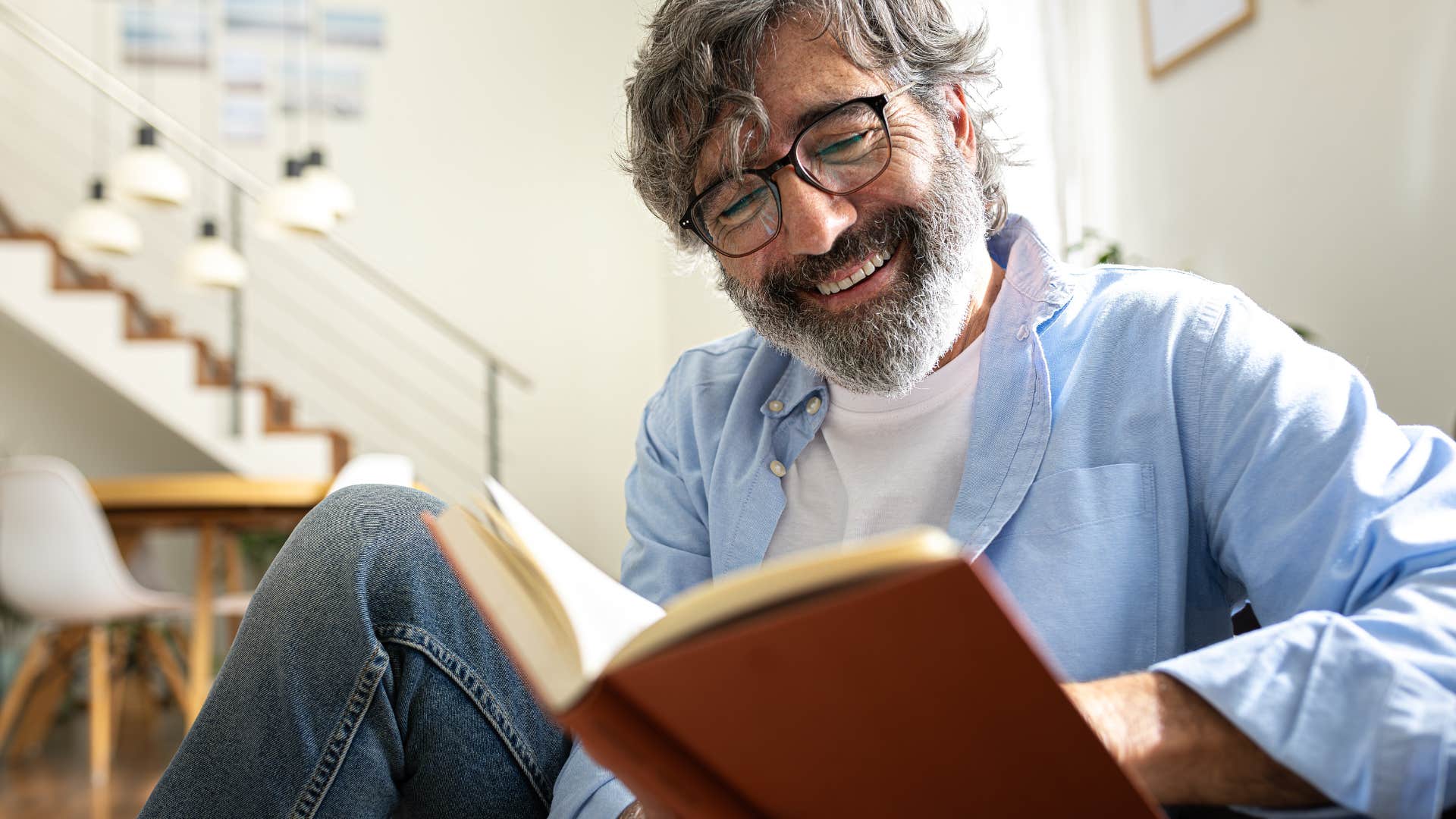 Daniel Hoz | Shutterstock
Daniel Hoz | Shutterstock
Creating and sustaining habits in your everyday life can be essential for efficiency, productivity, and consistency, according to experts from Brown University Health, even if they’re simple, like sitting in the same place. For creative work and even practical work spaces at home, returning to the same spot can actually train our brains in positive ways.
If we’re always doing work from a specific chair or getting creative in one area of our house, our brains are wired to switch into that mode of productivity when we enter it. So, yes, being a creature of habit isn’t always glamorous, but it can help boost a person’s productivity and routine for the better.
4. You're energetically sensitive
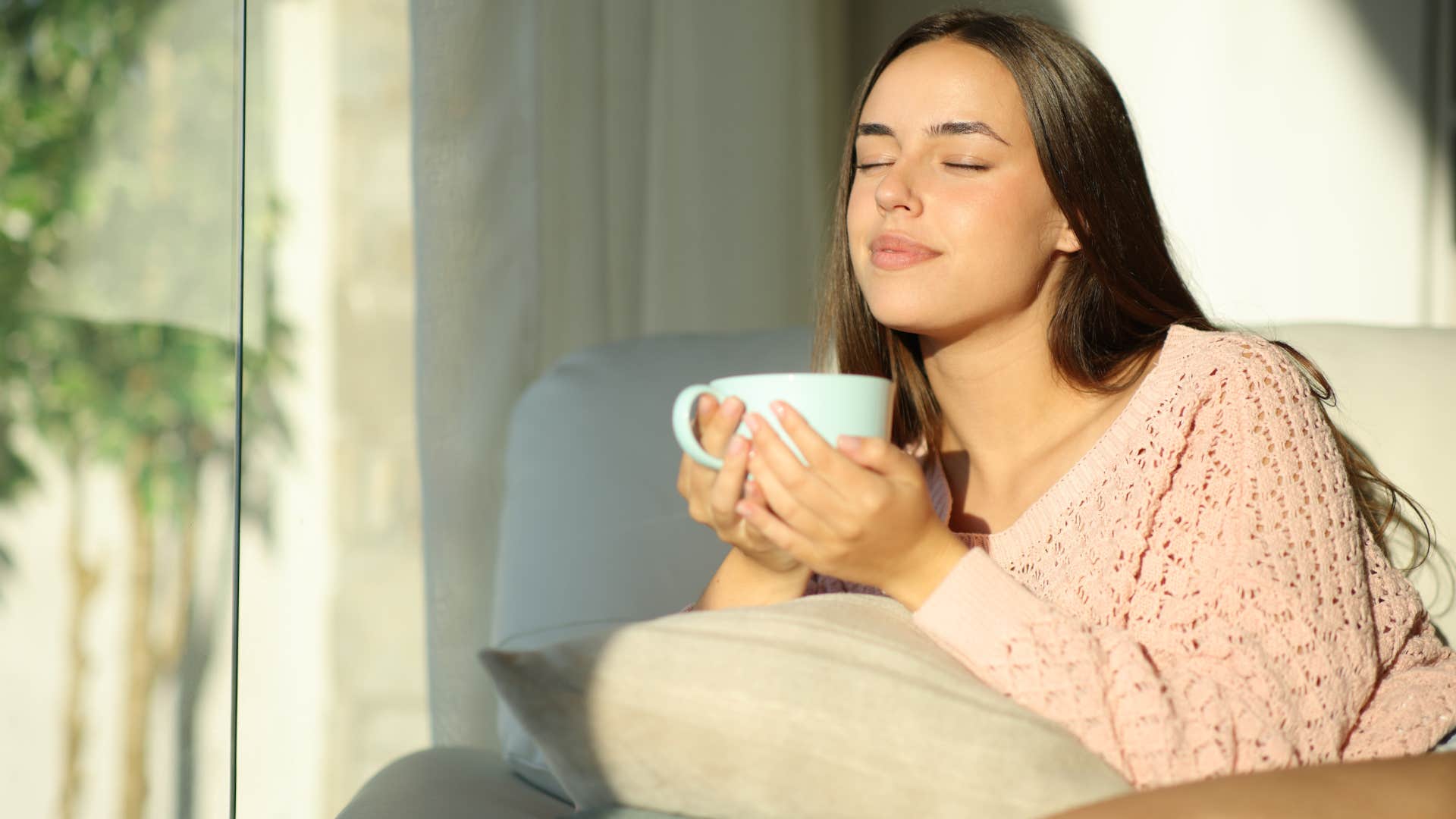 Antonio Guillem | Shutterstock
Antonio Guillem | Shutterstock
According to a study from Scientific Reports, a highly sensitive person, who’s more energetically intuitive and deeply emotional, is often more prone to feelings of isolation and loneliness than the average person. They are incredibly intentional about relationships, interactions, and their space, because even the smallest shifts can be draining and disorienting.
That’s why if you always sit in the same spot at home, it probably means you’re sensitive. Whether it’s the comfort of the chair or the energy of the room, these small choices are powerful for safeguarding your well-being and promoting a better mood.
5. You're a homebody
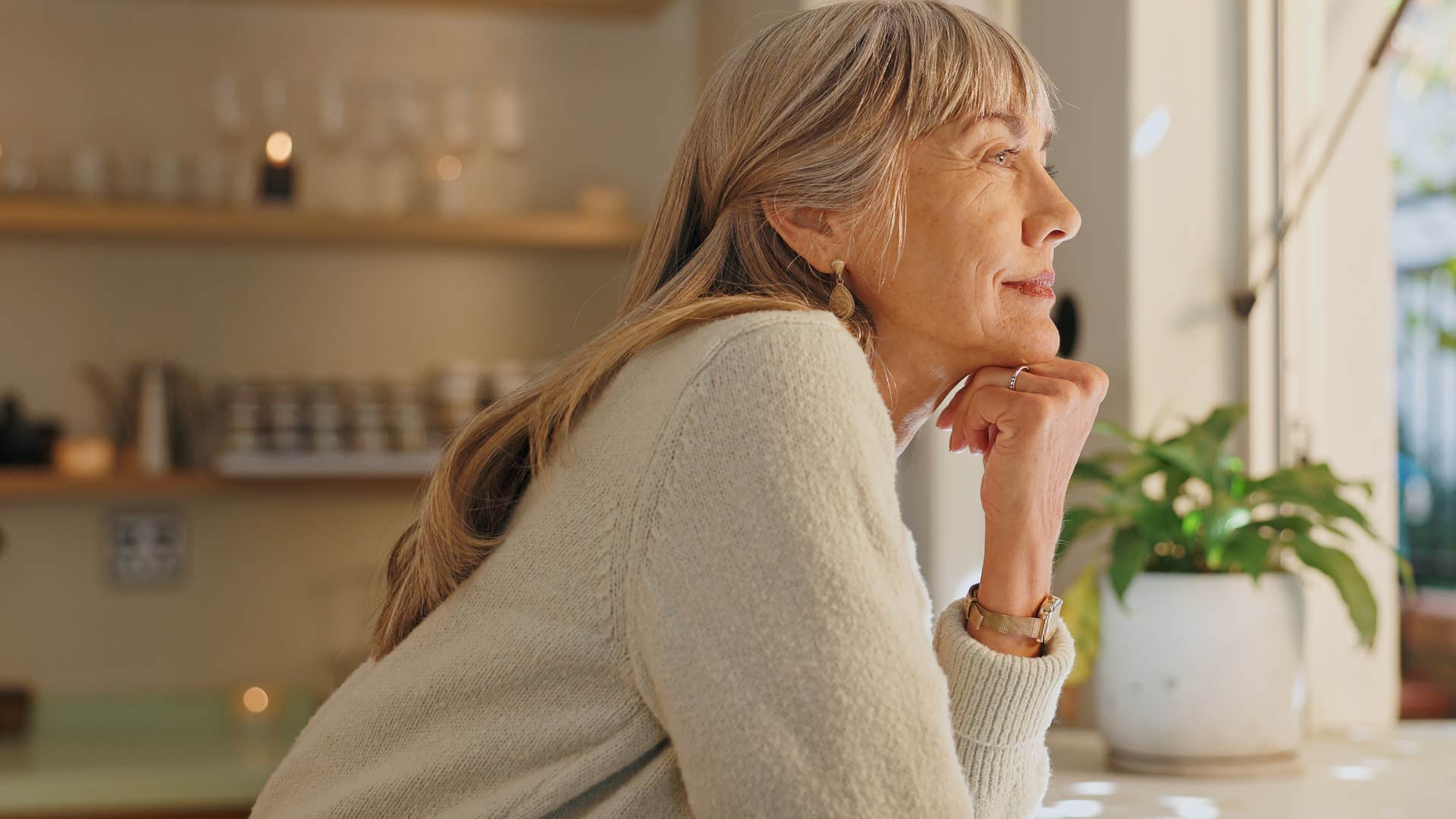 PeopleImages | Shutterstock
PeopleImages | Shutterstock
True homebodies are incredibly intentional about how they spend their time at home and how their energy is used when they’re alone. Even if it’s choosing to sit in the same place or making space for personal hobbies when everyone else is out, if you’re a true homebody, these things become rituals.
Alone time can be incredibly beneficial, especially for an introverted person. But if they’re feeling resentful about giving up their favorite chair or not feeling comfortable enough to unwind, relax, and reflect, they may be left feeling more irritable when they do leave the house.
6. You're intentional about boundaries
 PeopleImages | Shutterstock
PeopleImages | Shutterstock
Of course, larger boundaries in relationships and personal routines are important and often essential for well-being. But if you always sit in the same spot at home, it probably means you’re also intentional about subtle, small regulations.
You expect people to leave the spot open for you, but you also value the boundaries you set for yourself at home — like making space for reflection in your favorite chair, even if everyone else is going out.
7. You're sentimental
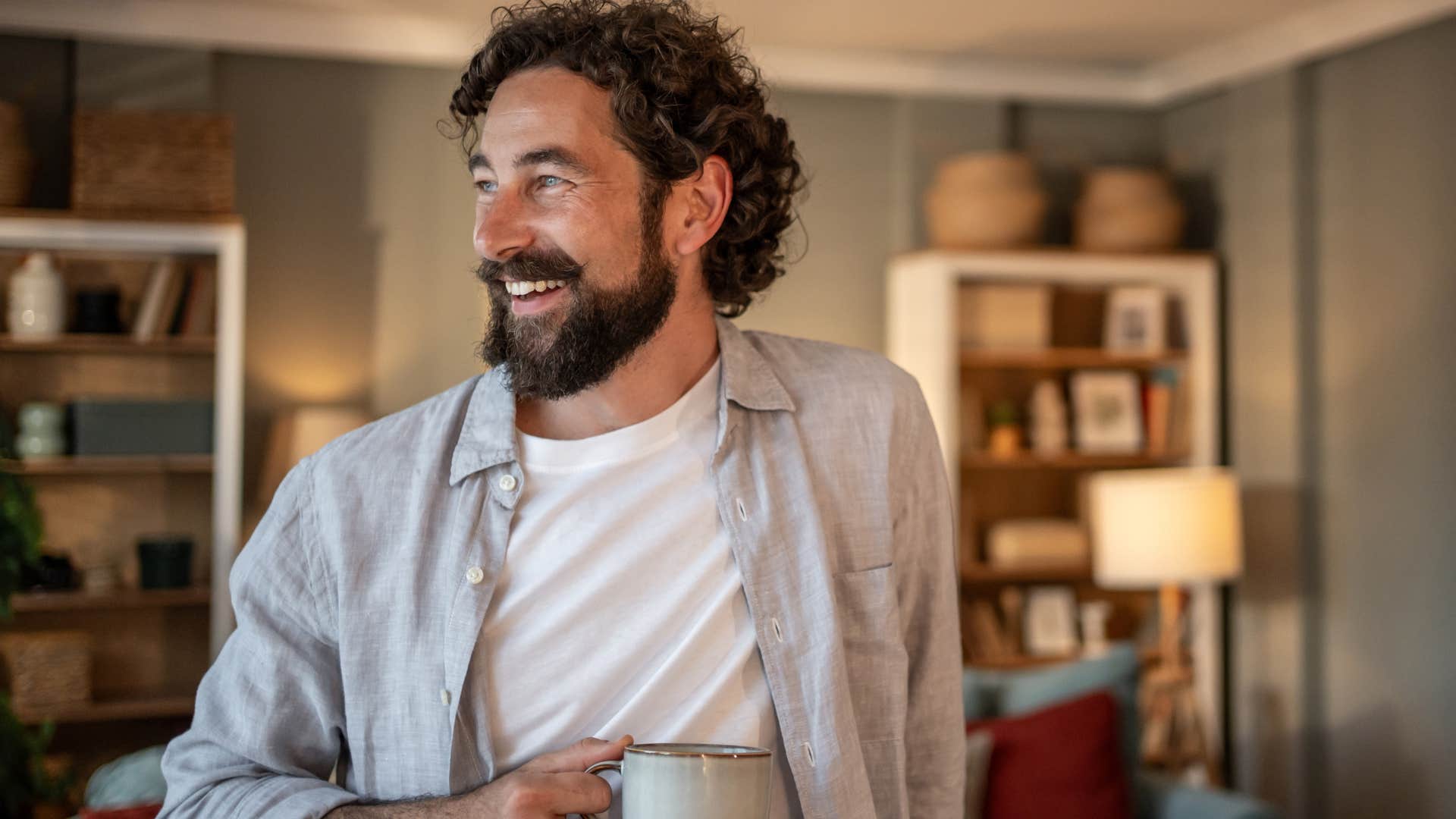 Migma__Agency | Shutterstock
Migma__Agency | Shutterstock
While nostalgia can sometimes spiral out of control and leave people feeling stuck in the past, there’s also evidence that nostalgic and sentimental people have stronger relationships, social circles, and regulated habits. They’re intentional about the little things, both in their relationships and with themselves at home.
They experience emotions deeply, form intense connections even with subtle experiences, and generally think deeply about things — like sitting in their favorite chair — that others would overlook easily.
8. You appreciate clarity and cleanliness
 DexonDee | Shutterstock
DexonDee | Shutterstock
Some people may boast about their ability to thrive in chaos and remain calm amid uncertainty, but if you always sit in the same spot at home and are a true creature of habit, chances are those things aren’t interesting to you.
You prefer the sterile nature of cleanliness, the rituals of a solid routine, and the comfort of spaces you’ve crafted for yourself. Even if that means saying “no” to new things every once in a while and comforting yourself with self-soothing habits as needed, you’re likely to make space for your own comfort.
9. You know that peace doesn't have to be complicated
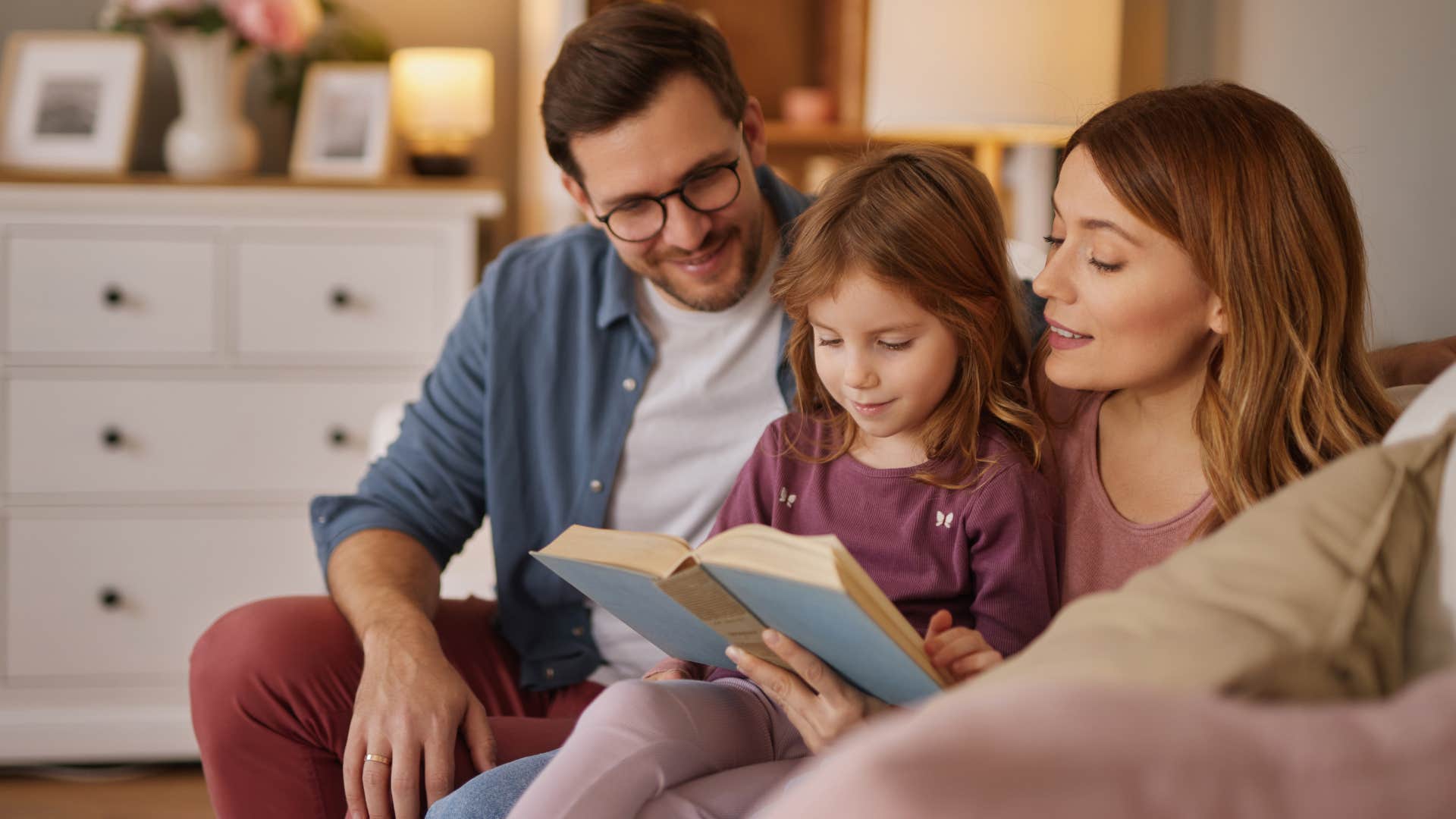 StockPhotoDirectors | Shutterstock
StockPhotoDirectors | Shutterstock
While finding peace in a relationship or clarity after a complicated situation can be occasionally difficult, if you sit in the same spot at home and lean on consistent rituals for a sense of support, chances are you know that peace doesn’t have to always be complicated.
From prioritizing rest to crafting a comfortable space at home, and saying “no” when you’re feeling drained, there are habits and rituals that are far easier than they are for ensuring you feel fulfilled and energetically aligned.
10. You understand aesthetics
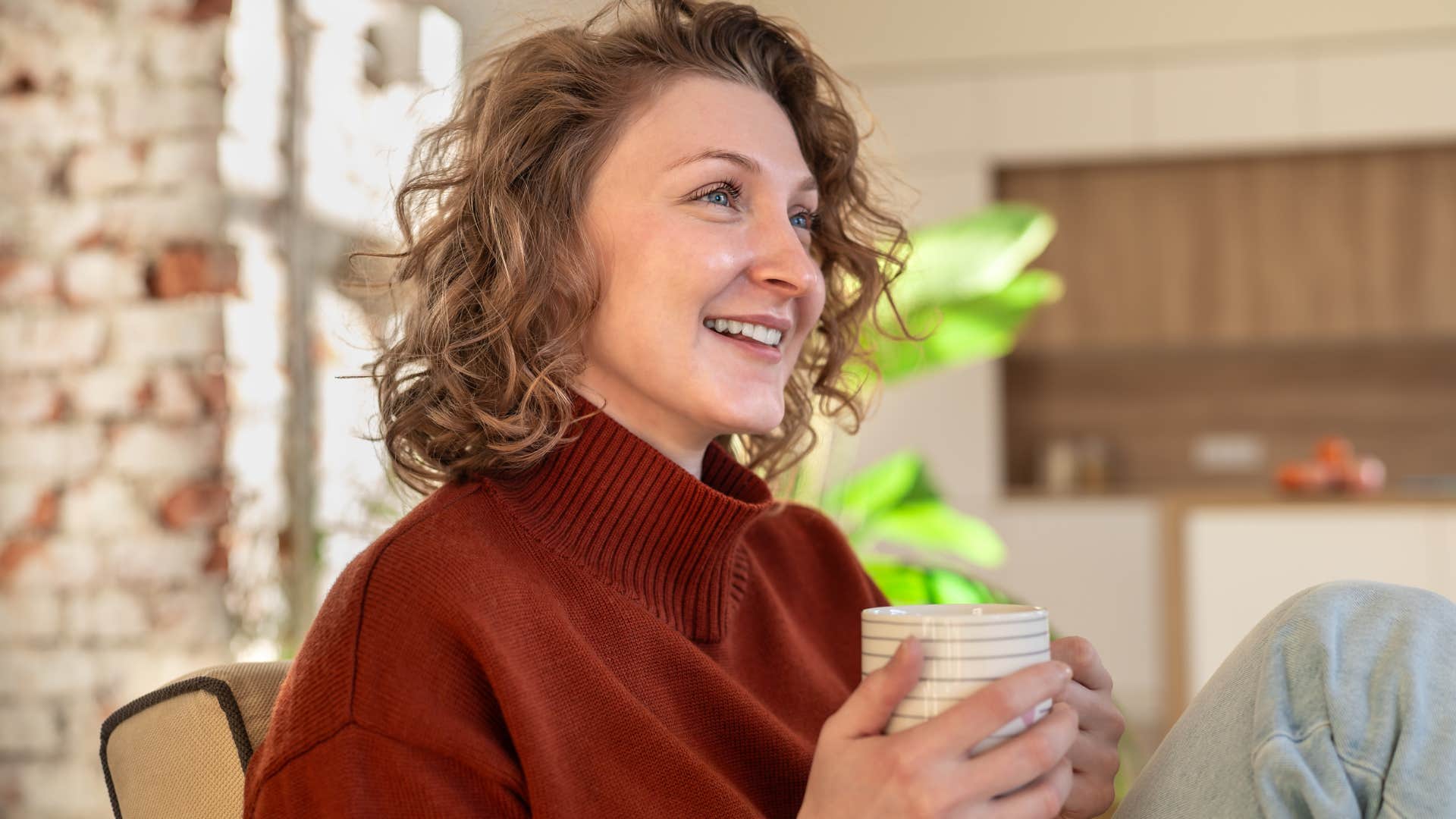 yourphotopie | Shutterstock
yourphotopie | Shutterstock
Whether it’s the angle that the afternoon light filters through the windows or the best place in their living room to observe the social nature of the space, if you always sit in the same spot at home, chances are you understand aesthetics more than you realize.
You’re always thinking ahead, crafting a comfortable space, and subconsciously putting yourself in the best space to appreciate a room. Whether your goal is to be the center of attention, soaking up the sunshine, or appreciating someone across the room, your favorite place at home is chosen to ensure you achieve it.
11. You're intuitive
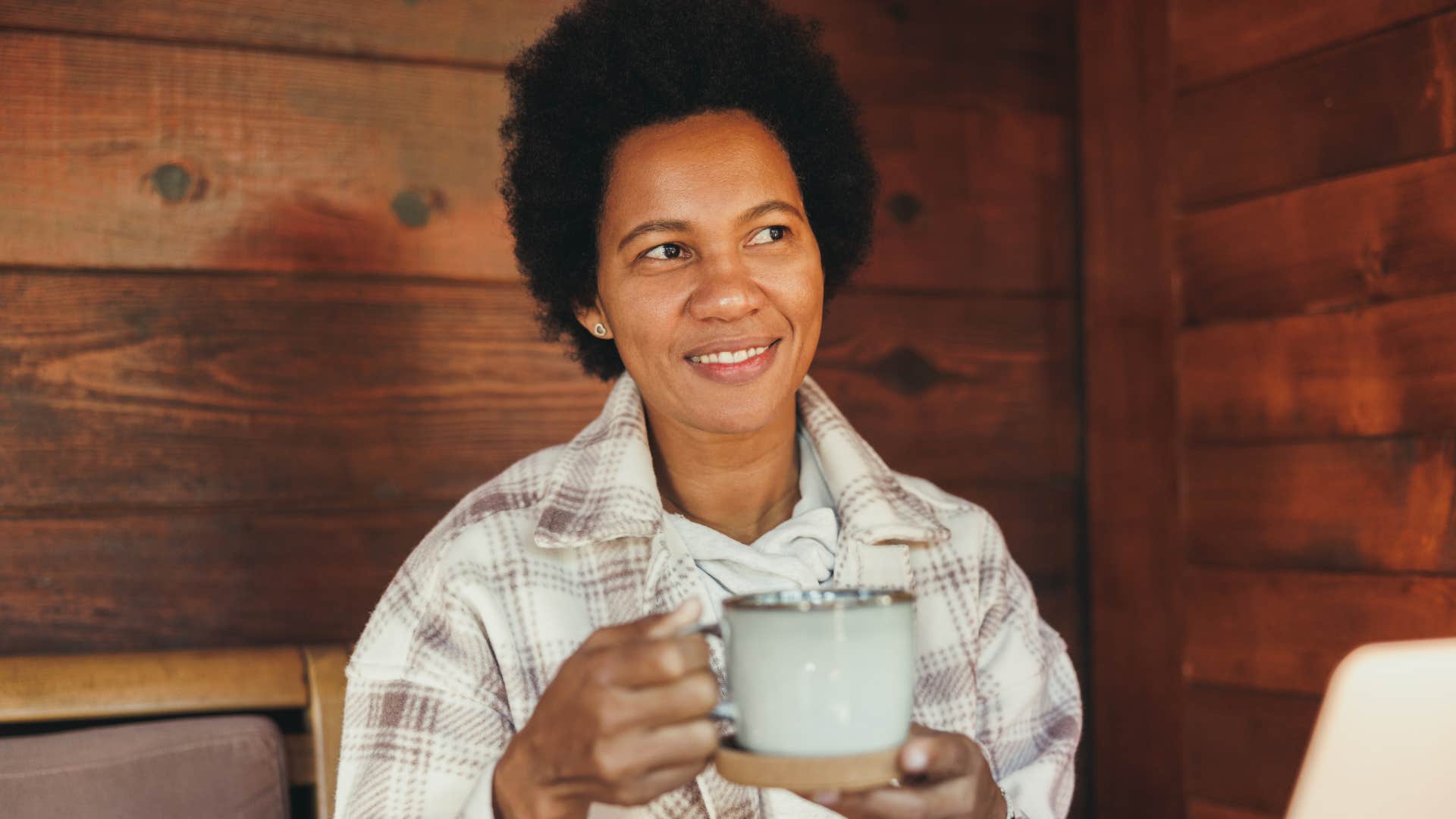 MilanMarkovic78 | Shutterstock
MilanMarkovic78 | Shutterstock
On a larger scale, intuition is often linked to heightened creativity, an aura of calmness in chaos, and general self-assuredness. However, an intuitive person may even sit in the same place in their home as a result of their intuitive nature — sensing out where they want to be, both energetically and physically.
Even if these small decisions are entirely subconscious, they’re driven by a person’s thinking style, and for people who put intention into their favorite places, it’s rooted in intuition.
Zayda Slabbekoorn is a senior editorial strategist with a bachelor’s degree in social relations & policy and gender studies who focuses on psychology, relationships, self-help, and human interest stories.

